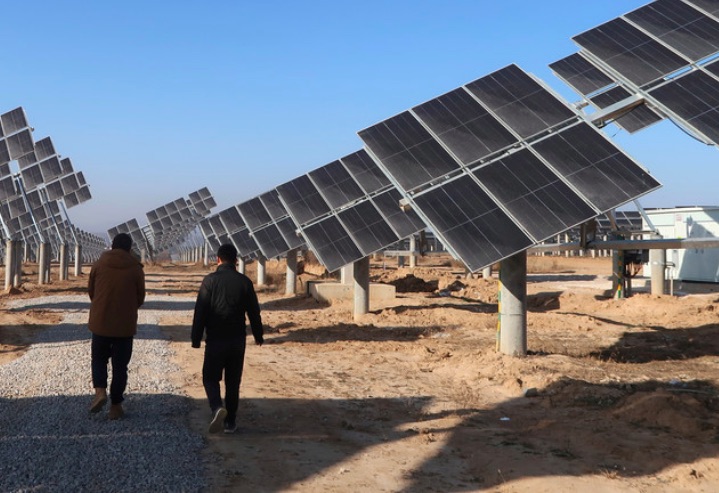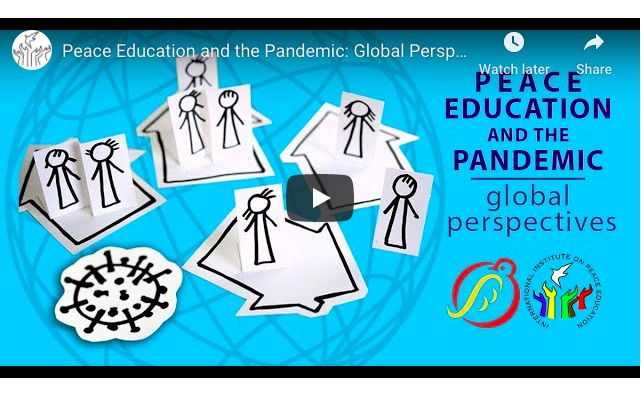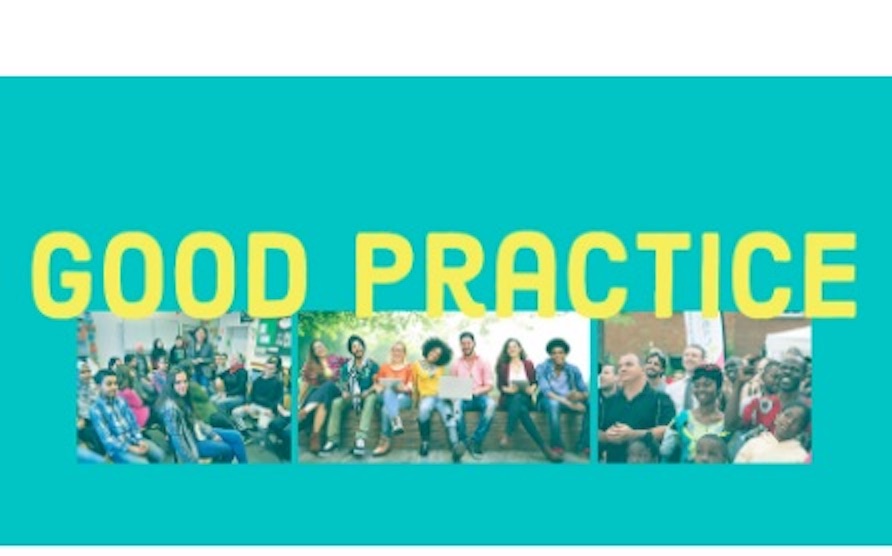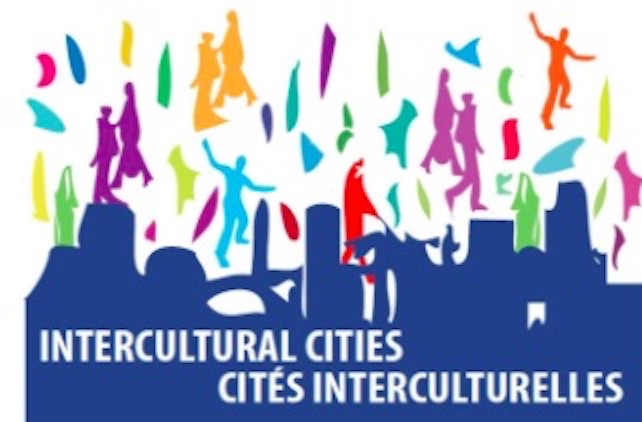. HUMAN RIGHTS .
An article from Amnesty International
The way governments decide to respond to the COVID-19 pandemic will impact the human rights of millions of people.
Amnesty International is closely monitoring government responses to the crisis. These are extraordinary times, but it’s important to remember that human rights law still applies. Indeed, it will help us get through this together.

Here’s a quick look at how human rights can help protect us, and what the obligations of governments are in relation to the pandemic.
The right to health
Most governments have ratified at least one human rights treaty which requires them to guarantee the right to health. Among other things, this means they have an obligation to take all steps necessary for the prevention, treatment and control of diseases.
In the context of a spreading epidemic, this means ensuring that preventive care, goods and services are available to everybody.
In Hong Kong, one of the first places to be hit by COVID-19, a local NGO noted that nearly 70% of low-income families could not afford to buy the protective equipment the government was recommending, including masks and disinfectant. If states are endorsing the use of such items, they must ensure that everyone can access them.
Access to information
This is a key aspect of the right to health, but we have already seen governments ignoring it.
In December 2019, doctors in Wuhan, China, where the virus was first reported, shared with colleagues their fears about patients with respiratory symptoms. They were immediately silenced and reprimanded by the local authorities for “spreading rumours”.
Meanwhile, in the region of Jammu and Kashmir, authorities have ordered the continued restriction of internet services, despite a growing number of cases. This makes it extremely difficult for people to access vital information about the prevalence and spread of the virus, as well as how to protect themselves.
Everybody has the right to be informed of the threat COVID-19 poses to their health, the measures to mitigate risks, and information about ongoing response efforts. The failure to guarantee this undermines the public health response and puts everyone’s health at risk.
Rights to and at work
People in precarious forms of labour are being disproportionately affected by the pandemic, which is already starting to have a massive impact on people and the economy. Migrant workers, people who work in the “gig” economy, and people in the informal sector are more likely to see their rights to and at work adversely impacted, as a result of COVID-19 and the measures to control it.
(Article continued in right column.)
(Click here for the French version of this article or click here for the Spanish version.)
How can we work together to overcome this medical and economic crisis?
(Article continued from left column.)
Governments must ensure that everyone has access to social security – including sick pay, health care and parental leave – where they are unable to work because of the virus. These measures are also essential to help people stick to the public health measures states put in place.
Health workers are at the frontline of this pandemic, continuing to deliver services despite the personal risks to them and their families, and governments must protect them. This includes providing suitable, good quality personal protective equipment, information, training and psycho-social support to all response staff. People in other jobs, including prison staff, are also at higher risk of exposure, and should be protected.
Disproportionate impact on certain groups
Anyone can get COVID-19, but certain groups appear to be at greater risk of severe illness and death. This includes older people and people with pre-existing medical conditions. It’s also likely that other marginalized groups, including people living in poverty, people with disabilities and people in detention, including migrants and asylum seekers, will face additional challenges in protecting themselves and accessing treatment.
In designing responses to COVID-19, states must ensure that the needs and experiences of specific groups are fully addressed.
Rights to housing, water and sanitation
For people who are homeless or living in informal settlements, self- isolation, social distancing, and other protective measures are extremely difficult if not impossible to stick to.
The COVID-19 crisis has shone a spotlight on the importance of the rights to adequate housing, water and sanitation. These rights are critical for protecting oneself from the virus, for stopping its spread and also recovering from it.
At a minimum, governments should ensure that people who are homeless, including children in street situations, are provided with emergency accommodation where they can protect and isolate themselves. Governments must also put in place measures to make sure no one is made increasingly vulnerable to COVID-19 because of a lack of housing – for example by being evicted if they can’t pay rent or mortgage.
Governments must also urgently put in place adequate, affordable and safe water and sanitation facilities that are accessible to everyone who is homeless or living in inadequate housing.
Stigma and discrimination
According to media reports, people from Wuhan have faced widespread discrimination and harassment in China. This includes being rejected from hotels or barricaded in their own flats, and having their personal information leaked online.
There have also been widespread reports of anti-Chinese or anti-Asian xenophobia in other countries, including US President Trump repeatedly calling COVID-19 a “Chinese virus”. In London, a student from Singapore was badly beaten up in a racially aggravated attack. There is no excuse for racism or discrimination. Governments around the world must take a zero-tolerance approach to the racist targeting of all people.
Meanwhile President Trump has used the pandemic to justify racist and discriminatory policies, and is reportedly planning a blanket ban on asylum-seekers crossing from Mexico.
Such an outright asylum ban would go against the government’s domestic and international legal obligations, and would serve only to demonize people seeking safety. A similar 2018 ban was swiftly declared unlawful by every court to have considered it.
Furthermore, during a public health crisis, governments must act to protect the health of all people and ensure everyone’s access to care and safety, free from discrimination. This includes people on the move, regardless of their immigration status.
The only way the world can fight this outbreak is through solidarity and cooperation across borders. COVID-19 should unite, not divide us.
(Thank you to the Good News Agency for calling this article to our attention.)


 Video of Webinar
Video of Webinar




